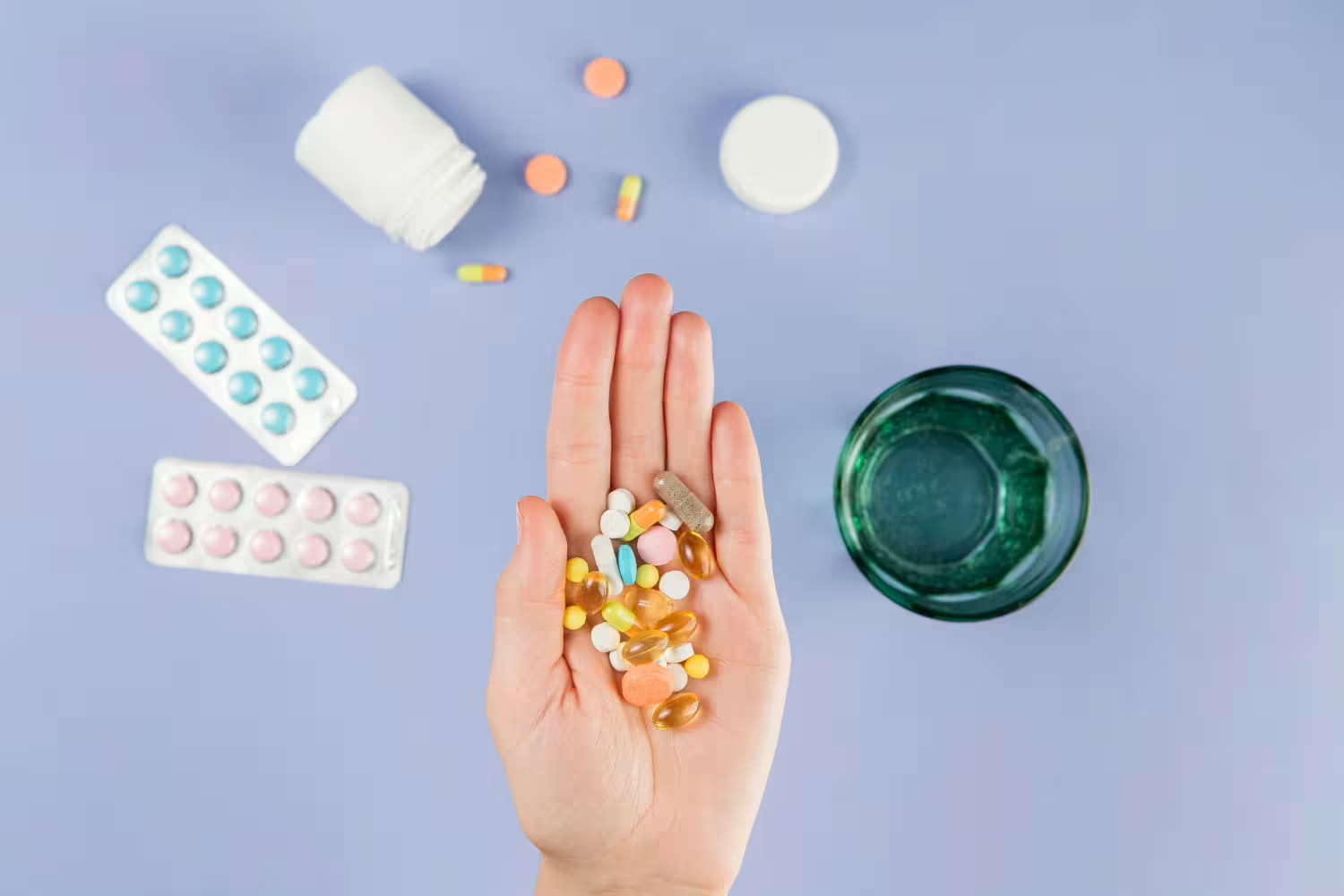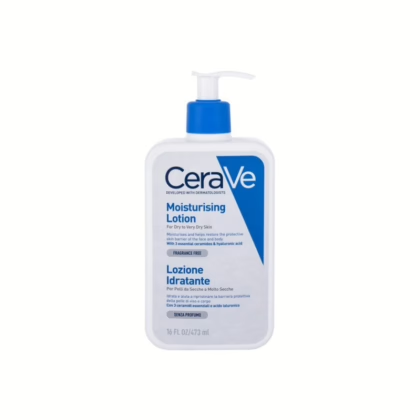
Some do not adhere to the treatment plan prescribed by the doctor, and some do not use the medicine in the required doses, which may cause some harmful effects. In this blog, we will learn about adverse drug reactions, their types, and how to prevent them.
Nothing is without risks and all medications have side effects. Adverse drug reactions are unintended and occur as the body’s response to the use of a medicinal product. Adverse drug interactions may occur for several reasons, including:
Age, gender, weight, general health, and even genetics also play a role and affect the body’s response to the drug.
Adverse drug reactions range in severity from minor and mild to very serious including headaches, stomach upset, and liver or kidney injury. It’s true that some adverse reactions can be expected, but some happen unexpectedly. Also, most people take the medication without experiencing any serious side effects.
Fortunately, we can prevent and reduce the most adverse drug reactions. It is important to take your medications exactly as prescribed by your doctor and to tell your doctor or pharmacist of any medications or nutritional supplements you are taking before they prescribe any medication, especially if you are taking antibiotics, blood thinners and heart medications. Also, tell your doctor if you are allergic to a particular substance or have a history of adverse reactions to any medication.
It is imperative to ask your doctor or pharmacist any questions about your medicines. In addition, you must report any adverse or harmful reactions to either of them in order to help yourself and others. Often the doctor will ask you to stop taking the medicine if it is causing you too many problems or if there is another suitable alternative.











